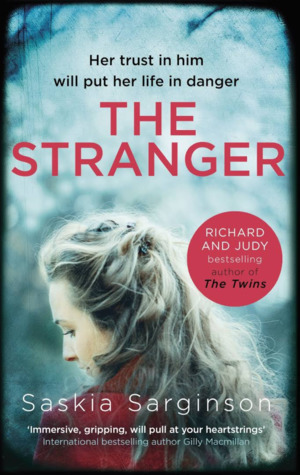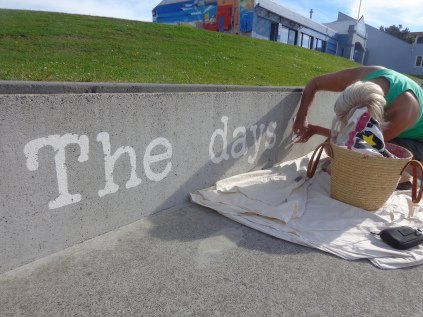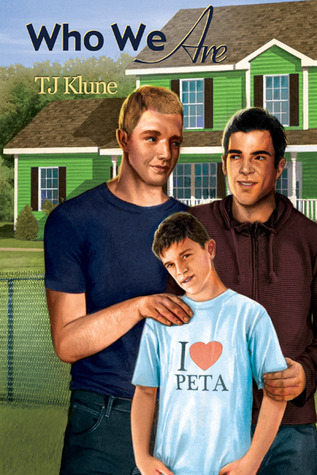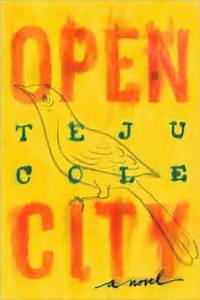
I’m coming late to the work of Teju Cole. He’s one of the leaders of The Black Renaissance – a group of young-and-gifteds that includes Yaa Gyasi, Ta-Nehisi Coates, Terrance Hayes, Julie Iromuanya, Chimamanda Ngozi Adichie, Chigozi Obioma, and Tracy K. Smith. Cole’s luminous novel Open City was published in 2012.
In terms of traditional plot, little happens in Open City, which is set mainly in New York and Brussels. The narrator, Julius, breaks up with his girlfriend. He makes a half-hearted attempt to find his German grandmother. His old professor dies. He gets mugged. And there’s a mini-revelation at the end, which comes as a surprise but doesn’t ask us to re-evaluate everything that came before.
The real story lies in Julius’s wanderings – both physical and mental. He’s a great walker and his mind is startlingly alert to echoes in the everyday of high culture and arcane facts. He discourses on immigration, Yoruba myths, bedbugs, Idi Amin, Munkácsi’s photography, the music of Mahler, and so on. He’s a classic flâneur, observing everything while – usually – avoiding being observed. He reminded me a little of Camus’s Meursault from L’Etranger, and he is an outsider – a mixed-race half-Nigerian, neither black enough for Africa nor white enough for Europe and North America.
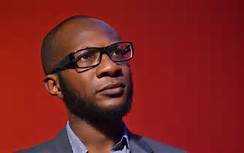 Teju Cole
Teju Cole
Julius also brings to mind the aimless wanderers of Beckett’s novels, but unlike them he is dazzlingly well-read and highly-educated. He attends classical concerts and poetry readings, and he is self-aware to a fault (until the final revelation). He recognizes the role played by race in his everyday dealings, but is never spurred to action.
This is an undramatic novel. It replaces action with ideas and digressions, but it’s quietly riveting. I enjoyed every page.
Now I have to catch up with his latest, Known and Strange Things, a book of essays which came out in 2016. Joy of joys, there’s no end to the great work being produced by the literary figures of the Black Renaissance.
Advertisements Share this:
